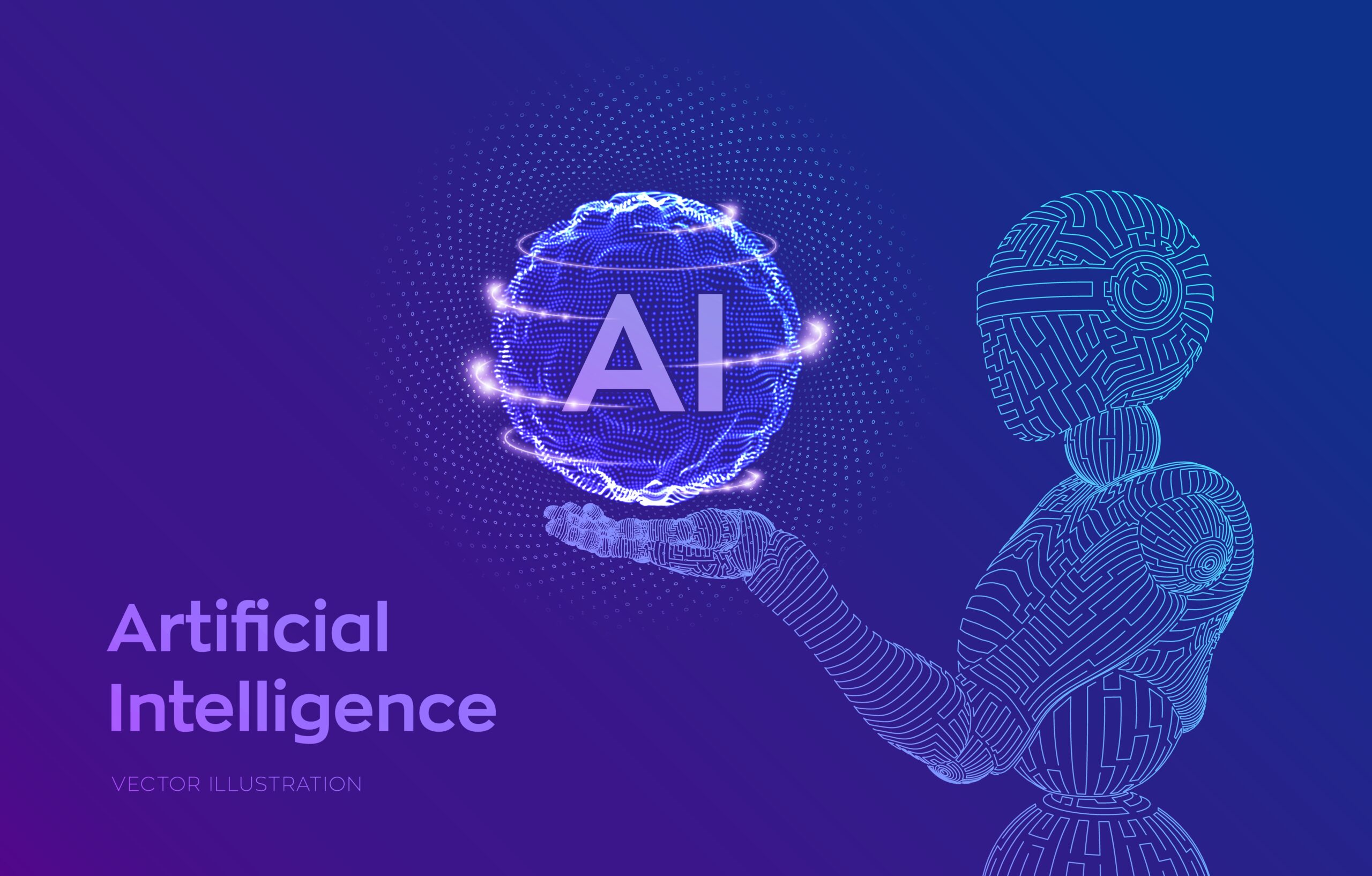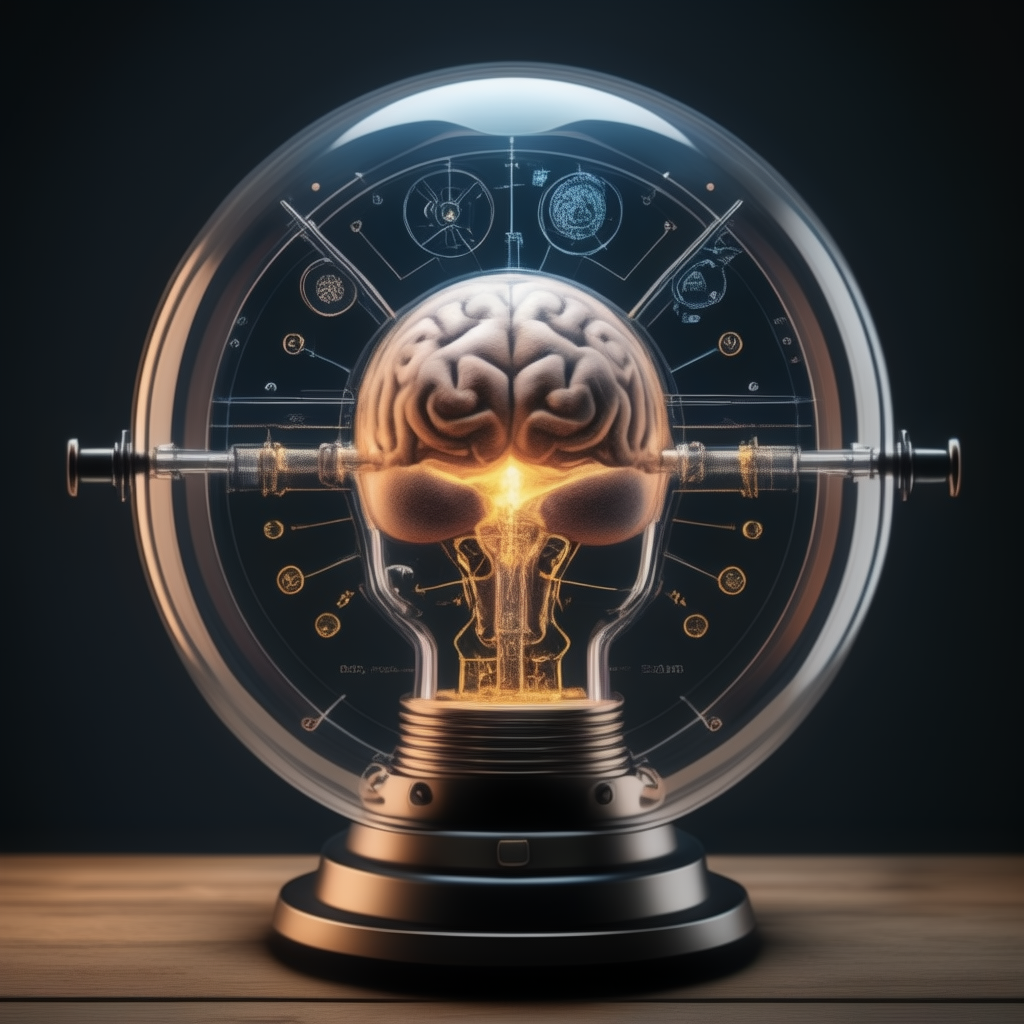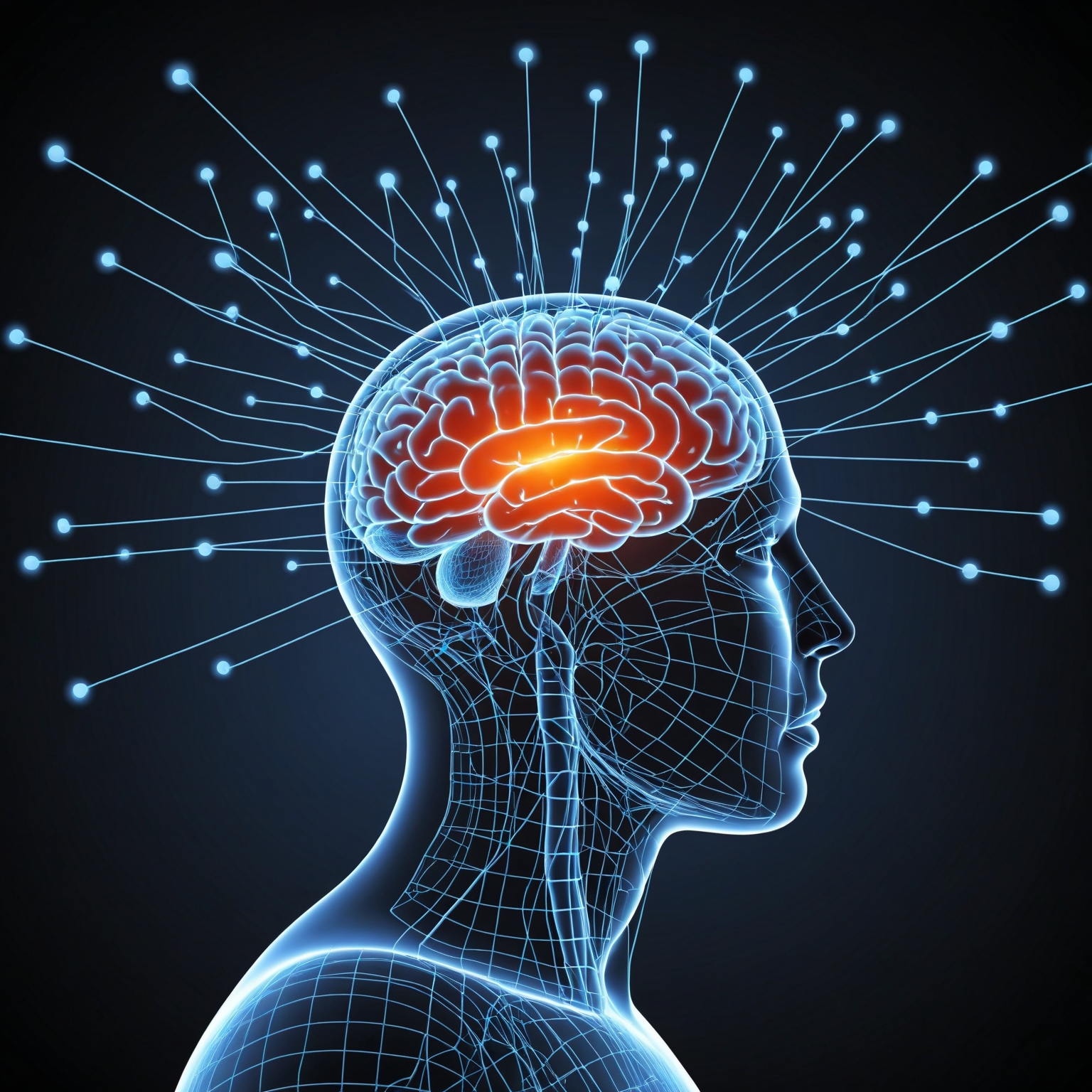The need for ethical guidelines in the field of artificial intelligence and automation is a topic of great importance. In this blog we will look at detailed analysis of the ethical considerations that must be taken into account when developing and deploying AI systems.
Introduction
 are transforming the way we live and work. These technologies have the potential to revolutionize industries, simplify tasks, enhance accuracy, and redefine our experiences. However, as we journey through this transformative landscape, we must pause to consider a fundamental question: How can we ensure that our embrace of AI is guided by ethical principles?
are transforming the way we live and work. These technologies have the potential to revolutionize industries, simplify tasks, enhance accuracy, and redefine our experiences. However, as we journey through this transformative landscape, we must pause to consider a fundamental question: How can we ensure that our embrace of AI is guided by ethical principles?
The Importance of Ethical Guidelines
AI and automation are not just tools; they are catalysts for progress. They bring forth the promise of increased efficiency, precision, and growth across diverse sectors. However, as we immerse ourselves in these innovations, we must not lose sight of the ethical compass that should always accompany our journey. Ethical AI signifies our commitment to developing, deploying, and managing AI systems that prioritize fairness, transparency, and accountability.
Addressing Bias: Fostering Fairness And Inclusivity
One of the most pressing challenges in the development of AI lies in the potential for bias within algorithms. These systems learn from historical data, and if that data carries hidden biases, AI may unwittingly perpetuate them. Bias in algorithmic lending is one such example. To ensure fairness and inclusivity in lending decisions, it is essential to invest significant resources in fine-tuning algorithms and rigorously scrutinizing data.
Transparency: Navigating Regulations And Fostering Collaboration in Artificial intelligence and automation
Transparency is another critical consideration when it comes to ethical AI. It is essential to ensure that AI systems are transparent in their decision-making processes. This transparency can help build trust between humans and machines and foster collaboration between them. Navigating regulations is also crucial when it comes to transparency. Regulations can help ensure that AI systems are transparent and accountable.
troubles caused by AI and automation:
- In 2019, a bug in the Google Cloud Platform’s automation software caused a major service outage that left hundreds of its customers, including big names like Snapchat and Shopify, in digital darkness for over 4 hours 1.
- In 2022, MIT economist Daron Acemoglu provided compelling evidence for the role automation, robots, and algorithms that replace tasks done by human workers have played in slowing wage growth and worsening inequality in the US. In fact, he says, 50 to 70% of the growth in US wage inequality between 1980 and 2016 was caused by automation 2.
- In August 2023, newspaper chain Gannett announced that it would pause the use of an AI tool called LedeAI after several dispatches written by the AI went viral for being repetitive, poorly written
Privacy And Security: Protecting User Data
Privacy and security are also critical considerations when it comes to ethical AI. It is essential to protect user data from unauthorized access or misuse. This protection can help build trust between users and AI systems.
statistics on the need for ethical guidelines in artificial intelligence and automation:
- According to a 2019 report from the Center for the Governance of AI at the University of Oxford, 82% of Americans believe that robots and AI should be carefully managed1.
- Bias in algorithmic lending is one of the most pressing challenges in the development of AI. A study by the National Bureau of Economic Research found that Black and Hispanic borrowers are charged higher interest rates than white borrowers with similar credit scores2.
- In 2020, a study by the World Economic Forum found that only 20% of companies had fully considered the ethical implications of their AI systems3.
- The European Union has proposed a set of ethical guidelines for AI development, which include principles such as transparency, accountability, and privacy protection4.
- A survey conducted by Deloitte in 2021 found that 70% of consumers are concerned about the potential misuse of their personal data by AI systems.
Conclusion
In conclusion, ethical guidelines are essential when it comes to the development and deployment of AI systems. Addressing bias, fostering transparency, navigating regulations, protecting user data are some of the critical considerations that must be taken into account when developing ethical guidelines for AI systems. By prioritizing fairness, transparency, and accountability in our embrace of AI, we can unlock its potential while upholding the values that define us.
I hope this blog post provides you with a comprehensive understanding of the need for ethical guidelines in artificial intelligence and automation.







